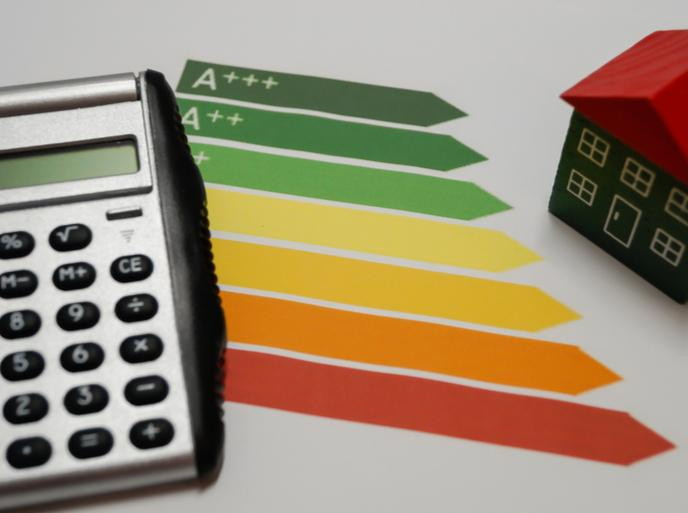New insight into energy efficiency makes residential property more attractive to European owners and financiers
Financing decisions in real estate are often based on formal value appraisals. Current norms recognise EE as a potential source of value, but don’t need to take this into account during appraisals, nor provide clear guidance on how to do so. As a result, investors aren’t provided with a formal basis to invest in or provide financing like mortgages to EE components. Since 26 % of the EU’s energy is consumed in homes, increasing investment in EE could significantly contribute to Horizon 2020 targets. The EU-funded REVALUE(opens in new window) project focused on the drive for greater EE in the European housing stock. It did so by “leading the development of appraisal norms and standards that recognise EE value in social and private residential real estate,” says coordinator Rolf Bastiaanssen. The project supported “Europe’s overarching need to invest more in EE retrofits.” Recognising EE’s true value The Royal Institution of Chartered Surveyors (RICS), widely acknowledged as the leading global professional body for valuers, was a key member of the consortium. It regulates and promotes professional surveying, maintains educational and professional standards, and provides impartial advice. Together with RICS, project partners developed its norms and standards to assist valuers in giving due recognition to EE. This fruitful cooperation helped to update and republish the RICS ‘Red Book’(opens in new window) that contains mandatory rules, best practice guidance and related commentary for all members undertaking asset valuations. The collaboration also resulted in a thematic insight paper(opens in new window) that provides valuers and other interested stakeholders with an overview of EE impact on the value of residential property in Europe. It explores the barriers to incorporating EE into valuations and analyses the changing market. It also gives recommendations for valuers to better consider and quantify EE in their inspection, analysis and reporting procedures. Incorporating EE into building valuation Findings show that guidance to valuers should be strengthened with respect to EE during the energy valuation process. Additional guidance, specifically about the state of research knowledge linking EE and residential value, would help to enhance valuers’ understanding in the area without needing to introduce new methodologies. The results suggest that deep renovation isn’t always a financially viable option for lenders or investors in the short or medium term. Valuers report that the impact of EE on capital values and rent are small compared to traditional value drivers. “The only recognised effective market driver is stricter policy,” explains Bastiaanssen. “The impact of increasing EE standards is more likely to lead to brown discounts – value decrease – of unrefurbished dwellings, rather than a green premium for renovated ones. This may particularly impact low-growth areas and certain building types such as high-rises or older single-family dwellings, which could end up as stranded assets.” Providing valuers with guidance and greater understanding should lead to less uncertainty about the value of EE assessments. “Reduced uncertainty will boost confidence among valuers on how to correctly approach EE, while investors can put more trust in valuers,” concludes Bastiaanssen. “Valuers will better incorporate EE into their appraisals, investors will unlock additional financing streams, and owners and buyers will end up with more energy-efficient homes.”







